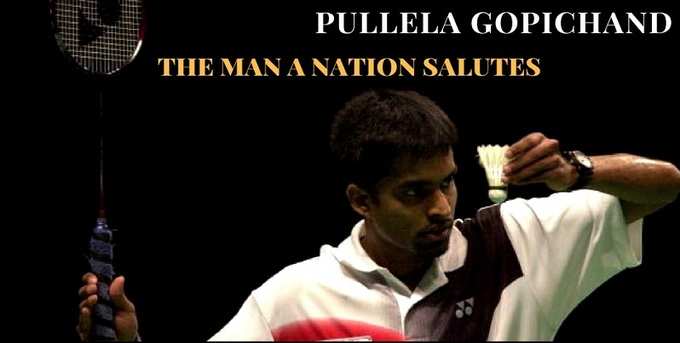 If there’s anyone who deserves the credit of turning India into a formidable force in badminton, it is Coach
If there’s anyone who deserves the credit of turning India into a formidable force in badminton, it is Coach 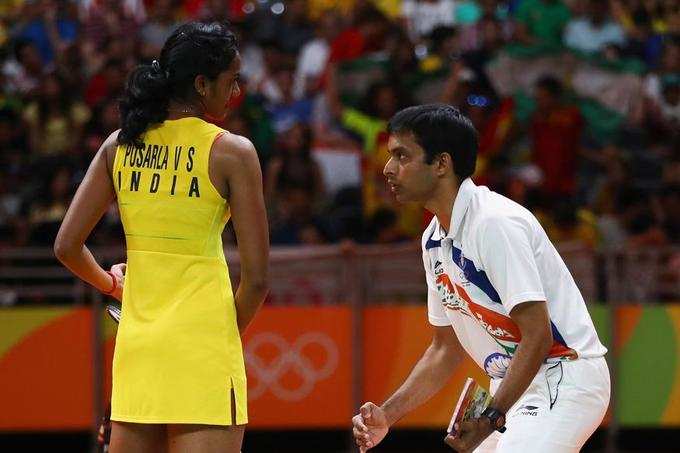
He has always been the pillar of firm support for all his students’ right from
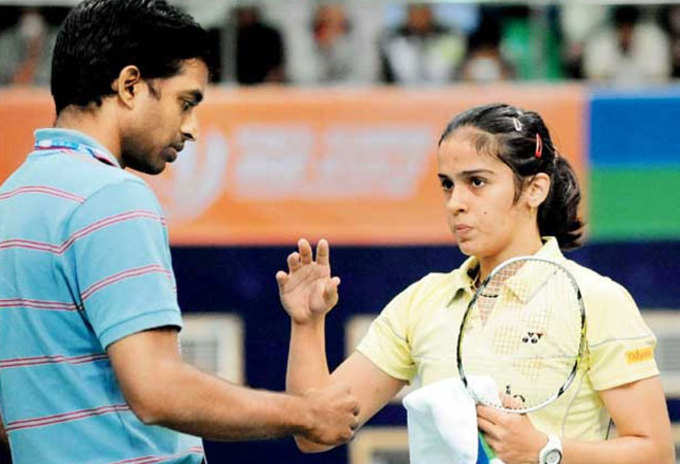
Not many are also privy to his journey from a sportsperson to India’s best badminton coach, one who dreams of producing Olympic medalists and who does too. His own story may have been tragic, but he knew how to change his fate.
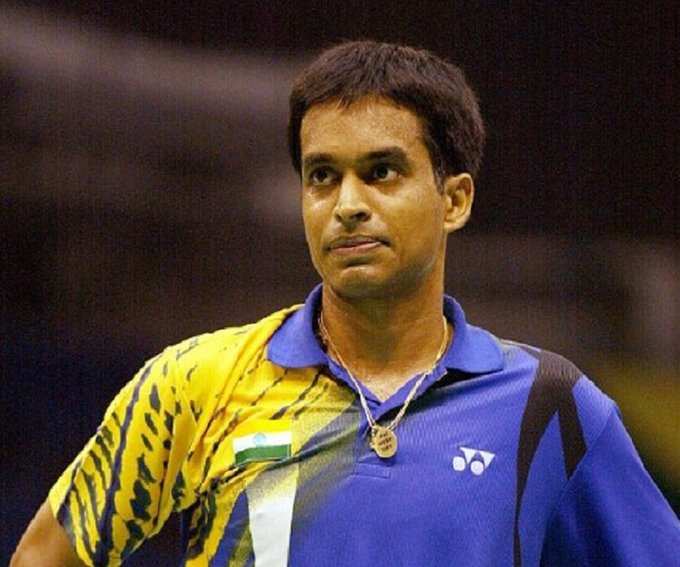
Now 42, Gopichand’s career was almost cut short back when he was in his late 20’s. He suffered a serious knee injury during a doubles match in 1994. But he still went on to win the prestigious All England Badminton Championships in 2001.
Then 27-year-old, he had already undergone three operations in four years on his left knee, but Gopichand had to his credit a historic win - he had defeated 2000 Sydney Olympics gold medallist Ji Xinpeng and reigned world champion,
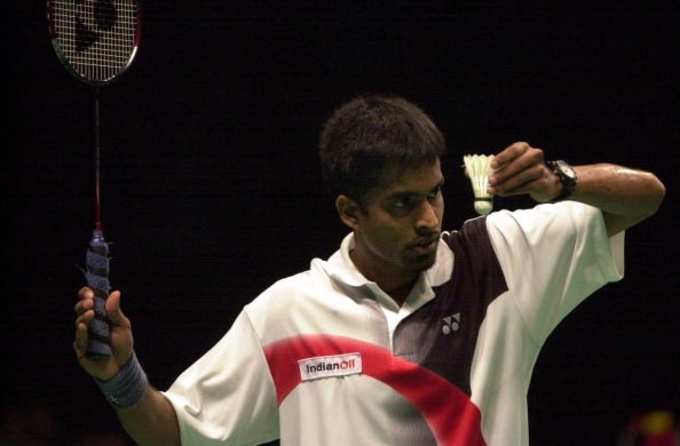
In 2001, Gopi won the All England Open Championship to become only the second Indian after
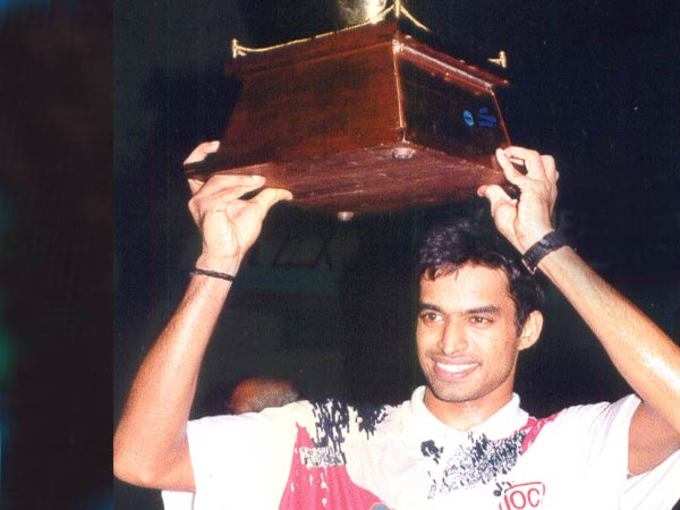
He admitted that the win came a bit late in his career. Just when he was on the success ladder approaching the peak, injuries forced Gopi to go for an early retirement. Who knew he would make a comeback as a world-class coach with a world-class coaching academy.
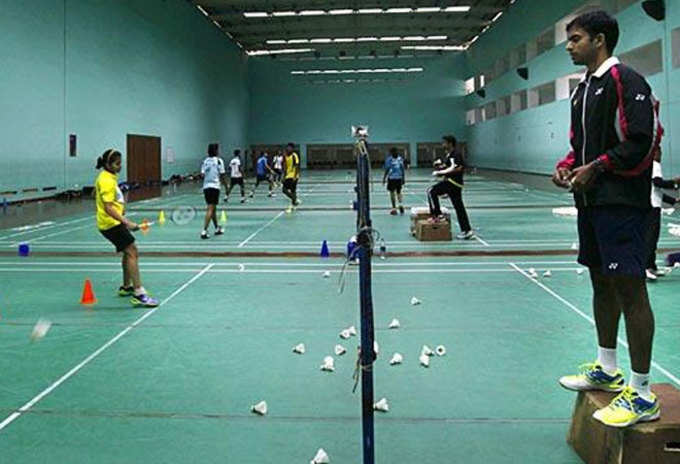
He decided to don the role of a coach, and the then government of united Andhra Pradesh allotted him five acres of land in Gachibowli to set up an international badminton academy. Surrounded by campuses of several IT majors, his academy started functioning in 2008. Initially, it was very difficult for him to run the training centre due to lack of money and resources. Despite facing the odds, Gopichand emerged as a real 'guru'. His painstaking and marathon efforts have been recognised by the government. He was conferred with Arjuna Award in 1999, Dronacharya Award in 2009, and Padma Bhushan in 2014.
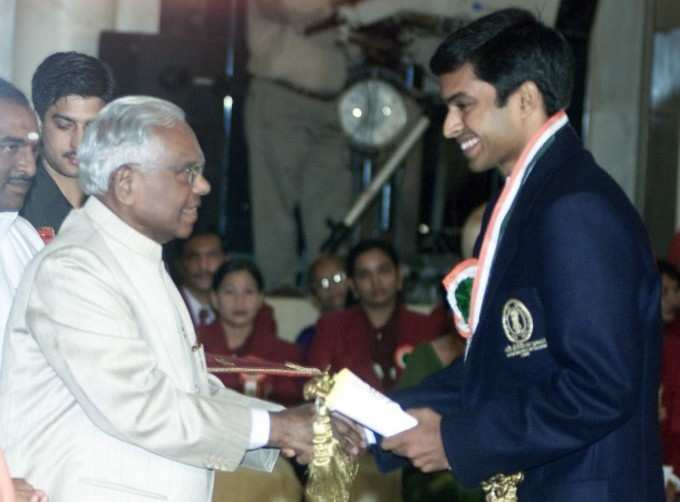
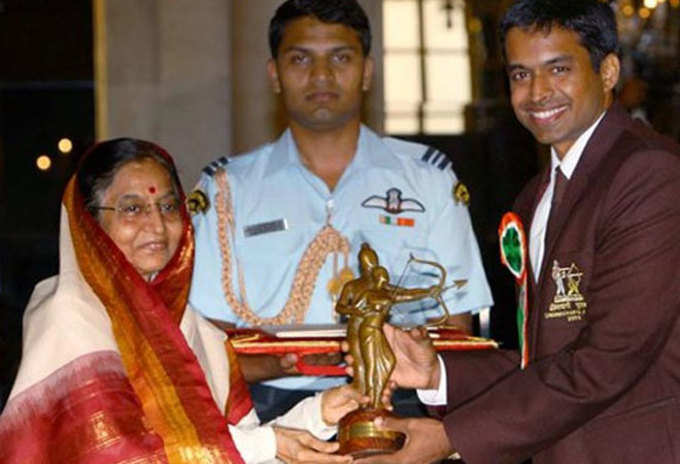
He not only mobilised funds and created world-class infrastructure but identified and groomed talents from across the country. In March last year, Gopichand opened the second academy in the same area. Known as Sports Authority of India (SAI)-Gopichand Academy, it now has nine courts and can accommodate 60 trainees. The twin academies together have 17 courts and can train 130 players in total. However, this is not sufficient to meet the huge demand, which picked up during the last five to six years. Gopichand recently admitted he is sometimes nervous picking calls because he fears it may be of parents wanting to admit their children in his academy which is already running full for at least the next 3 years!
Coming back to his life as a sportsperson, it was not an easy flight for him to the international events. His parents borrowed money to ensure Gopi could compete in global competitions. The noble soul is said to have donated some of his prize money for Kargil martyrs and the Gujarat earthquake relief fund. It’s no surprise that despite his health condition, he decided to tread the arduous task of becoming a coach. He did not want another player to go through what he had.
Today, Gopi is producing top-class players who are delivering a bountiful of international medals to the nation. His efforts started yielding results with Saina bagging bronze in the 2012 London Olympics. She became the first Indian woman shuttler to achieve the feat.
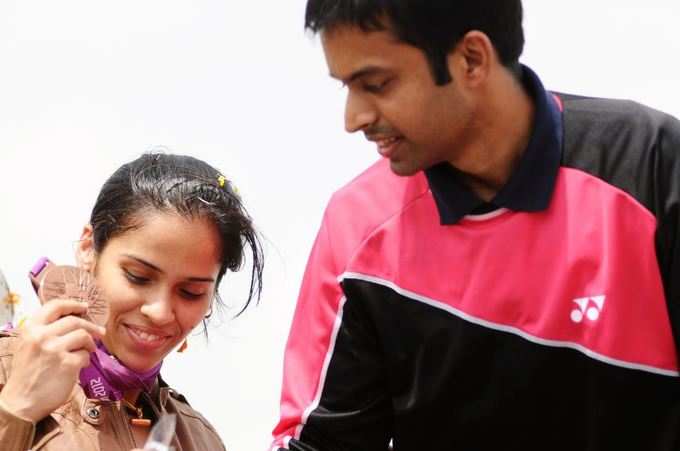
Four years later, Gopichand’s dream has once again come true with Sindhu reaching the final and losing only to World No 1 Carolina Marin.
If Sindhu, who we all love dearly, travelled 50 km each day for training, Gopichand sweated it out with her since 4:30 am in the morning each day.
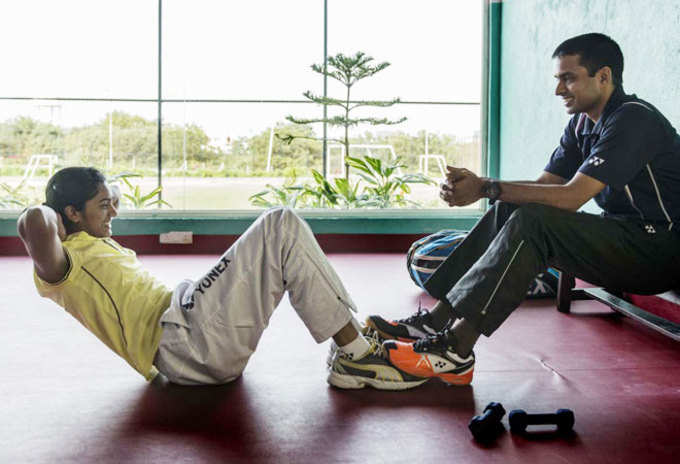
As Sindhu’s father PV Ramanna puts it – "He was there in the court even when down with fever. My daughter would not have been where she is without him." A nation stands up today to salute your sacrifice and your determination, sir.
Respect. Sheer RESPECT for you.